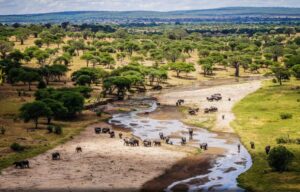
THE HISTORY OF TANZANIA
Sitting midway between the Serengeti and Ngorongoro Crater, Olduvai Gorge has been called “The Cradle of Mankind.” Prehistoric fossils of hominid remains discovered at the
Do you think you have to be a professional photographer with an expensive camera and massive lens to enjoy a safari? Well, think again!
Over the past seven years, we’ve had the honor and privilege to spend more than 240 days in Tanzania, accompanying more than 120 guests on the greatest adventures of their lives! And we’ve helped those guests capture incredible shots of wildlife and landscape from every angle from every device.
Whether you’re rocking a 100mm zoom on your Canon or shooting with an iPhone 7, our founder Susie has the know-how to help you capture the perfect shot on your safari.
MYTH: The bigger and more expensive the camera gear, the happier the safari experience is.
REALITY: Safaris are so much more than just photography opportunities! Each guest’s experience on safari gets to decide for themselves what their safari goals are.
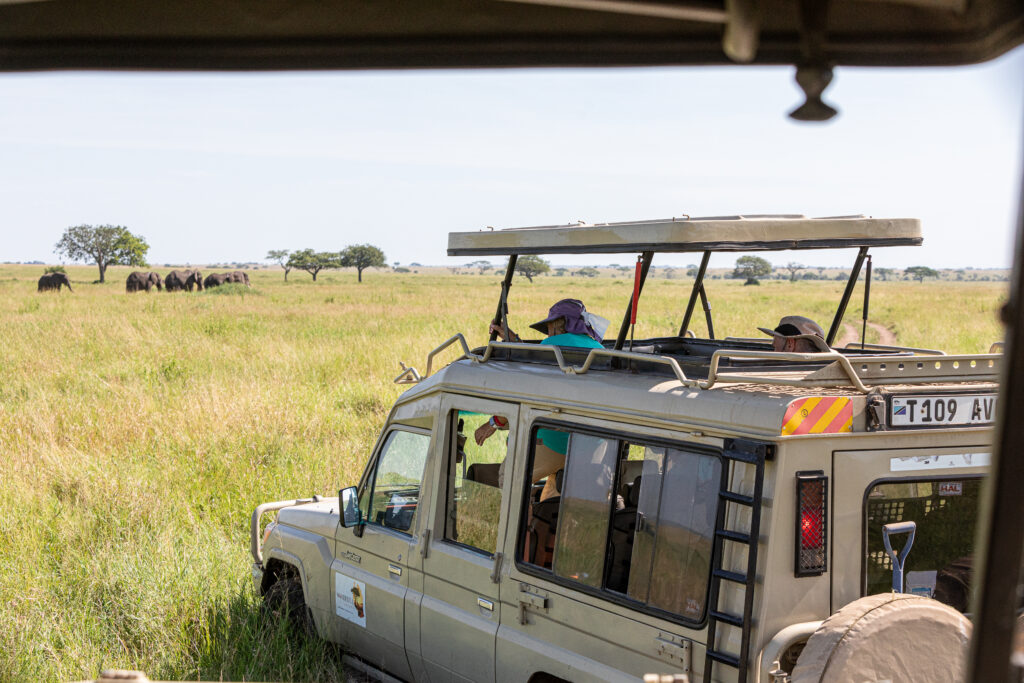
Avid Nature and Travel Photographers: Avid photographers have a variety of reasons for bringing the best/most camera gear with them on safari. Most of these folks simply derive great joy from the act and creative exercise involved with photography. Some may be trying to capture images they can use for photography contests or competitions. Still others may be on the brink of getting their professional certification, and they are looking to capture that ONE SHOT that will clinch it for them! For these folks, being behind their lens is their happy place! They are challenging themselves to see the light, freeze the action, focus on the fine details, or tell the bigger picture through their photographs.
Vacation Photographers: Our guests who tend to only take photographs while on vacation are never disappointed on safari. Rather than lugging bulky equipment and learning the skills needed to operate digital cameras in manual mode, I’ve had dozens of guests who’ve successfully used smaller cameras with built-in optical zoom capabilities. These days, most vacation photographers simply rely on the high quality cameras that are built into the newest generation of smartphones! I’ve had a handful of guests who have created amazing coffee-table books filled with their favorite safari moments they captured with their smartphones.
Nature Lovers and Non-photographers: Nature lovers join our safaris to be truly present throughout the trip. They often bring nothing more than a journal and a set of field glasses, and they remain present for every moment of our encounters along the journey. Amazingly, 85% of the time they don’t even need their binoculars, as we are often extremely close to the wildlife and are always surrounded by incredible landscapes in every direction! I find it truly fascinating that they are often the ones spotting the wildlife as we drive along, and will be the first to point out the beautiful soundtrack that accompanies each scene throughout the journey.
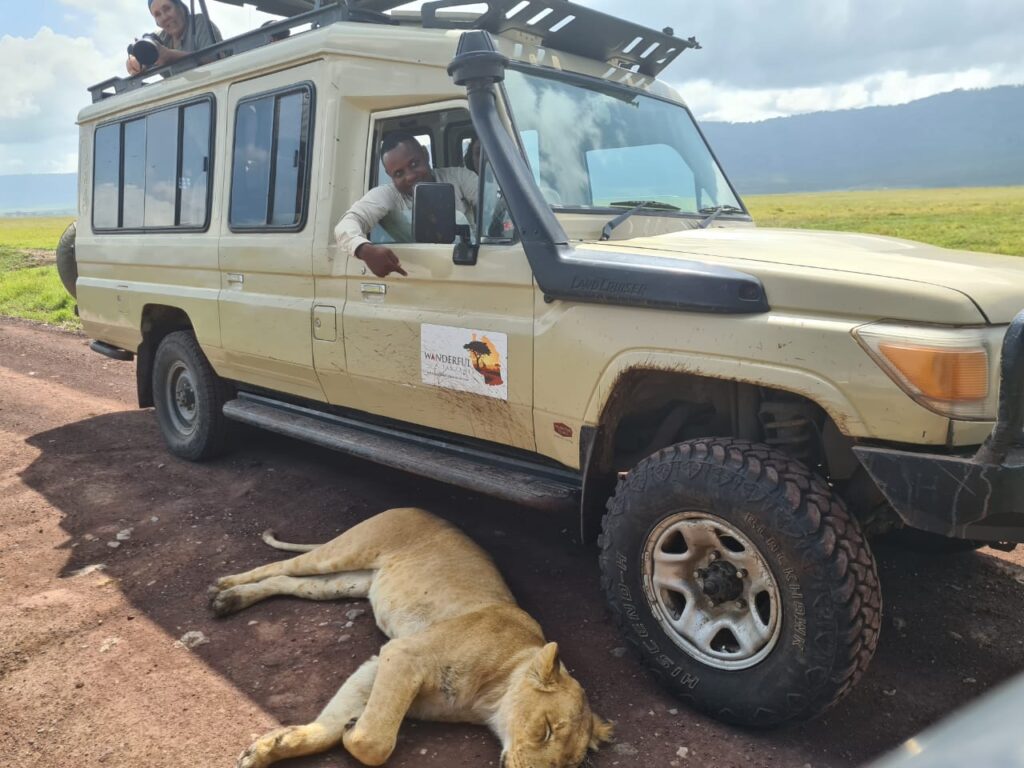
Professional Equipment Pros:
Professional Equipment Cons:
Smartphones Pros:
Smartphone Cons:
Binocular Pros:
Binocular Cons:
Here are some images taken by avid photographers with professional equipment:
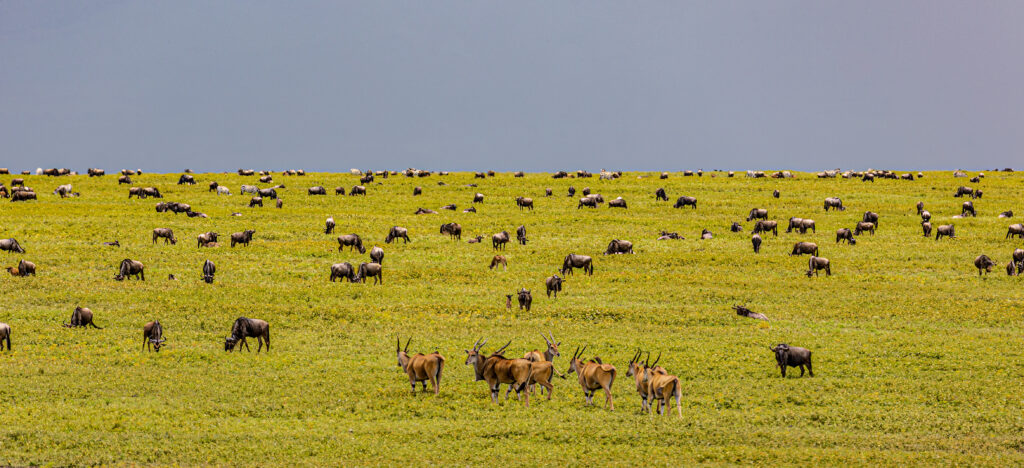
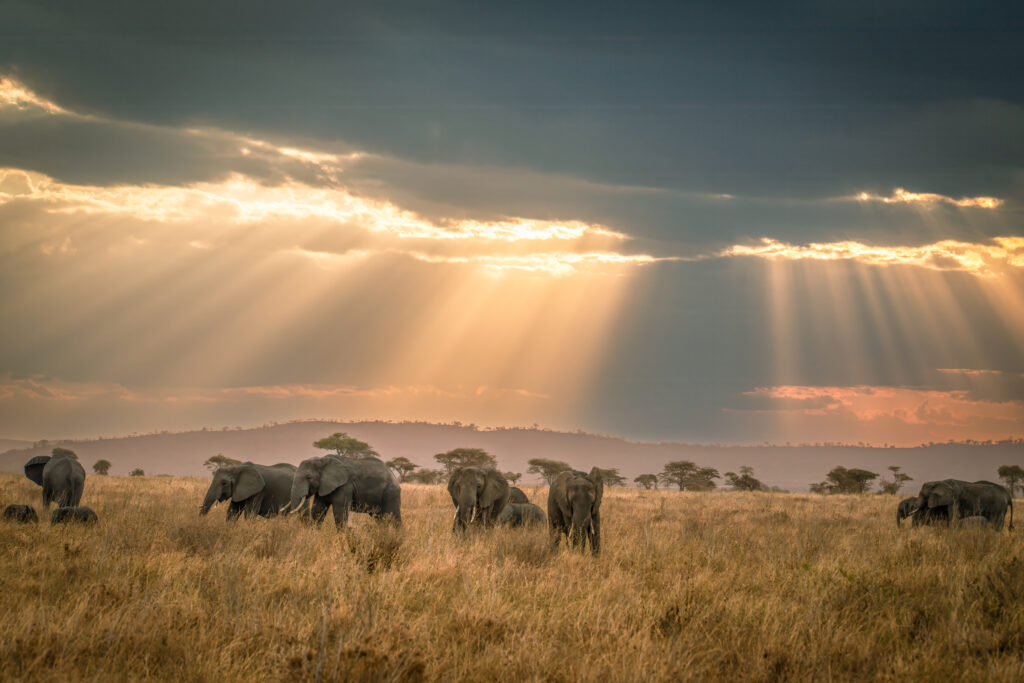
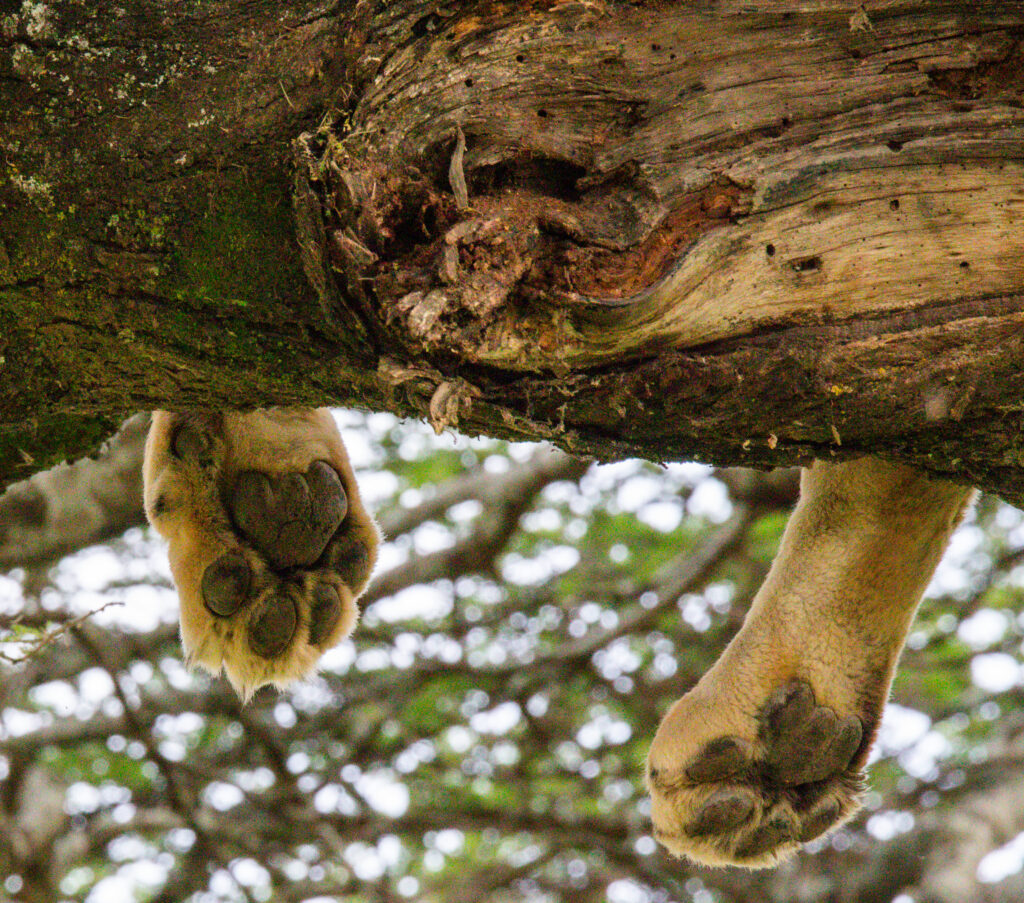
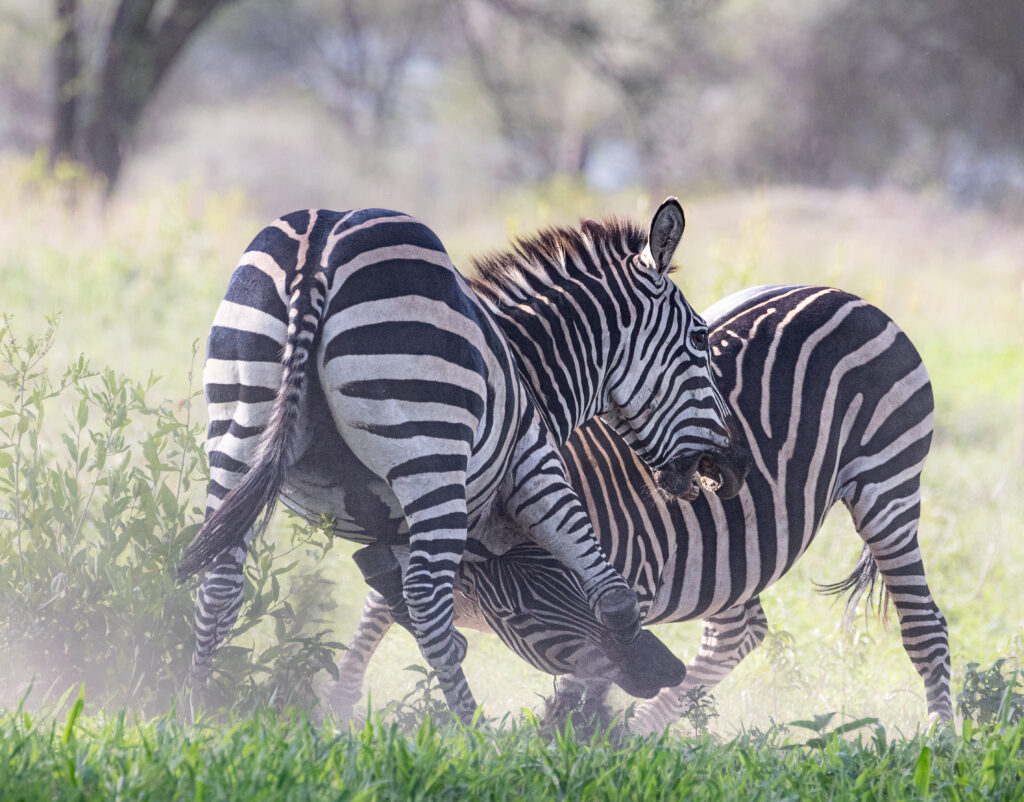
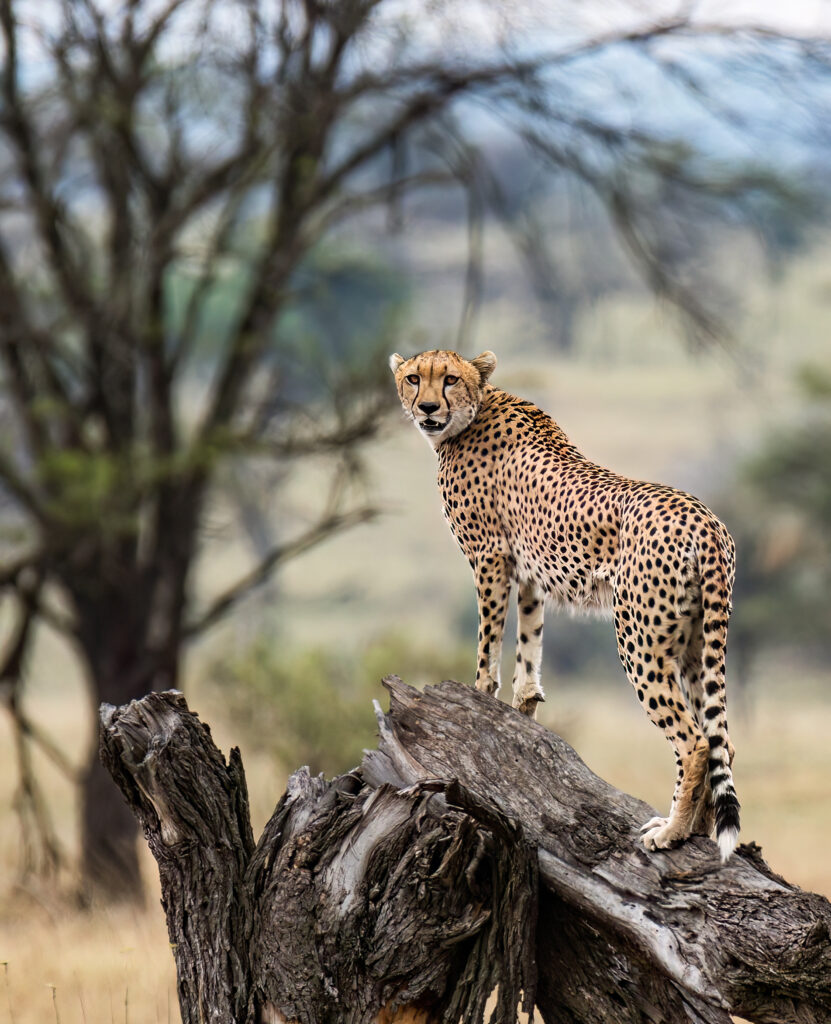
And here are some shots taken with smartphones:
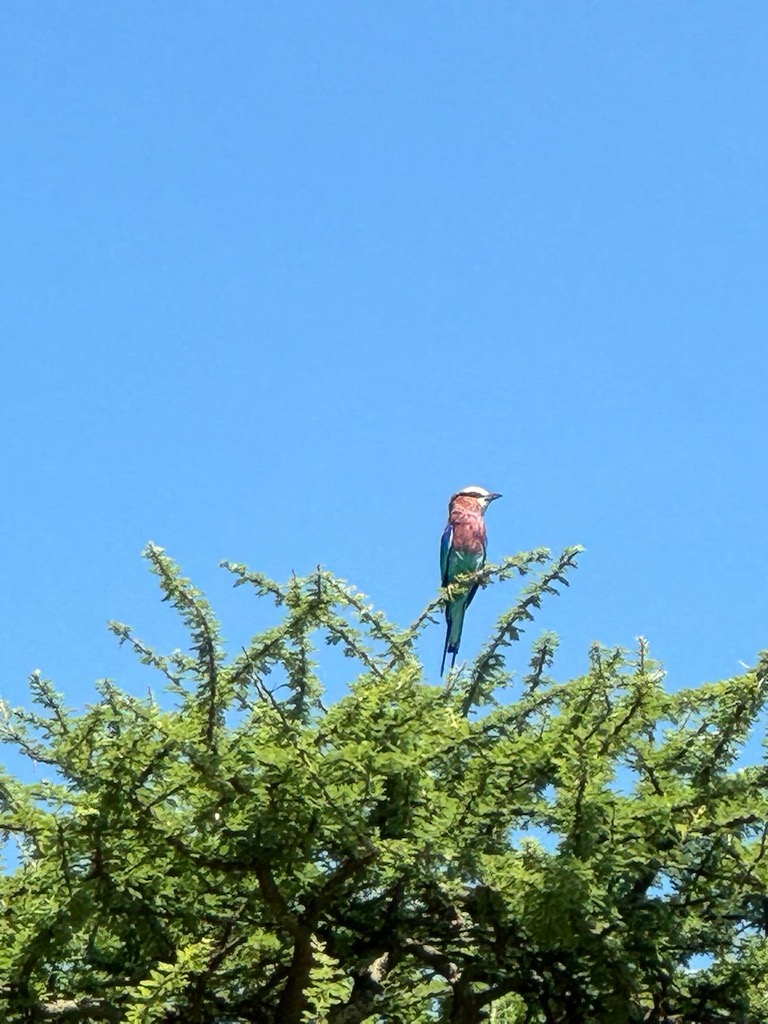
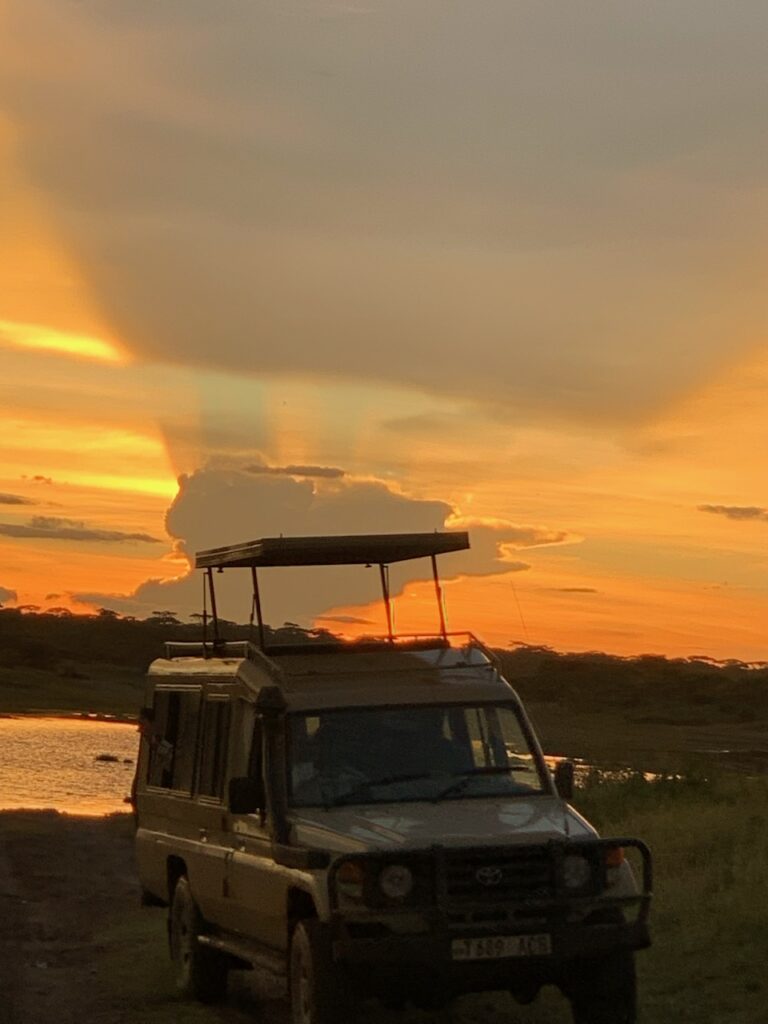
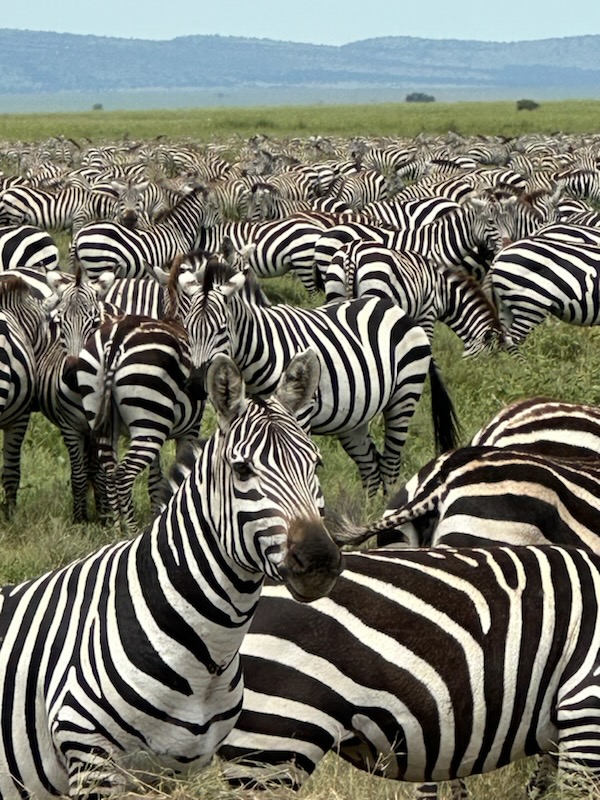
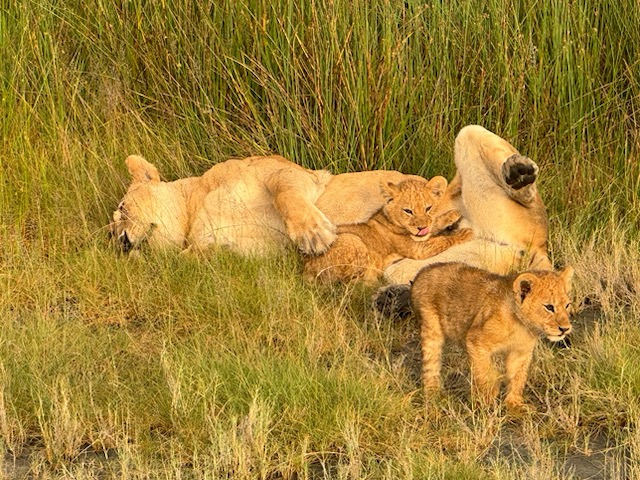
Share:

Sitting midway between the Serengeti and Ngorongoro Crater, Olduvai Gorge has been called “The Cradle of Mankind.” Prehistoric fossils of hominid remains discovered at the
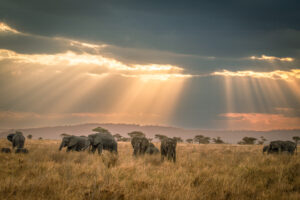
I’m frequently asked, “What’s the best time of year to go on a safari in Tanzania?” My initial responses are typically rather cheeky, alternating between,
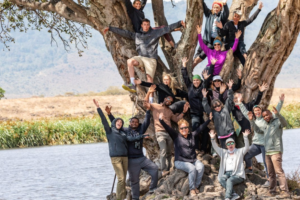
1. We Commit To Our Expertise And Focus On Tanzania In short, we are all about TANZANIA, 100% of the time… after all, it’s even
Wanderful Tanzania is an African Safari Tour Company partnership powered by Periquito Adventures & Travel in the USA.
© Copyright 2023 | Wanderful Tanzania | All Rights Reserved | Powered by Periquito Adventures & Travel